“Write what you know”: this famous advice from fellow Missourian Mark Twain has always resonated with me. I apply it to my writing and I relied on it when I used to make art. The quote was delivered by many a professor and mentor in my past. It made perfect sense to me, and it was the easiest way to approach any creative endeavor.
So when the most recent dust-up about censorship in art took place—concerning Dana Schutz’ painting of Emmett Till’s mutilated corpse at the Whitney Biennial, and more recently, LA artist Sam Durant’s sculpture at the Walker Art Center in Minneapolis—it was the first thing that popped into my head. Why were these two white artists making art about the pain and suffering of people they knew nothing about?
Writing about what you know mainly refers to experiences and the emotions that one knows and feels, but of course we develop those emotions from our surroundings and the treatment we’ve been exposed to: anger if we’ve been abused, insecurity if unloved or abandoned, love and happiness if we grew up in a safe environment. I don’t really know much about the backgrounds of Schutz or Durant, but I can safely assume they didn’t suffer from prejudices due to the color of their skin.
That said, I’m not going to come right out and say, Hey, you can’t have empathy or a real desire to comment about injustice. In many cases it’s our moral duty to speak up. I had forgotten the brutal details of Emmett Till’s tragic fate—a black teenager tortured to death by grown white men—and when I went back to research it I felt rage and sorrow over the acts that humans willfully inflict on each other. It’s unbelievable to me, and the indignation is palpable. Perhaps so palpable I would even want to write about it (as I am here) or make art about it. Why shouldn’t I be able to do this?
At the same time, I can empathize with the Native Americans who are protesting Scaffold. Durant’s sculpture is a replica of a gallows where 38 Dakota Indians were hanged. Now the Dakotas are saying, Fuck You White Privileged Artist, for thinking you can empathize with our plight, and then get on your high horse and receive gobs of money for your art and move on to the next topic of injustice. Thanks for your thoughtfulness, but no thank you. The Dakotas said of Scaffold: “This is not art.”
Okay, now I’m really confused. Have the Dakotas now become arbiters of what is and what is not art? Walker Art Center apologized, and Durant is contrite. The sculpture is now being burned, and Durant is more than okay with that.
Is Durant giving in? Doesn’t he feel that it is important to uphold our First Amendment? The whole episode feels like a grad-school walkthrough, when faculty members would tear through your studio and trash your art, then scream, “This is not art! Bad Artist! What the fuck are you making art about?” I guess Durant didn’t get that treatment in grad school. I know I certainly did. But I made art about my dysfunctional family, something I knew more about than my faculty members could ever know. Nobody can challenge that.
Ultimately, I don’t think Durant’s art should be destroyed, or even dismantled. Scaffold was installed in the Sculpture Garden between pop-art sculptures of a giant cherry and a rooster. Perhaps the Walker curators made a poor choice on that!
I respect our First Amendment, and would like to hold onto it dearly. Durant and Schutz had every right to make that art, but they also have to deal with the consequences of their free speech. A statement Durant delivered was noble in a sense: he realized his mistake, that wood and steel are nothing compared to the tyranny the Dakotas met on the gallows he replicated. Maybe Durant is beginning to understand that he can’t speak for the pain and suffering of people he knows nothing about. Durant’s heart is in the right place, and I feel Schutz’ is too, but I think they should have really thought through why they made this art. They need to dig deeper into what they are trying to say, and go back to the basics: Make art about what you know. No one can take that away from you.

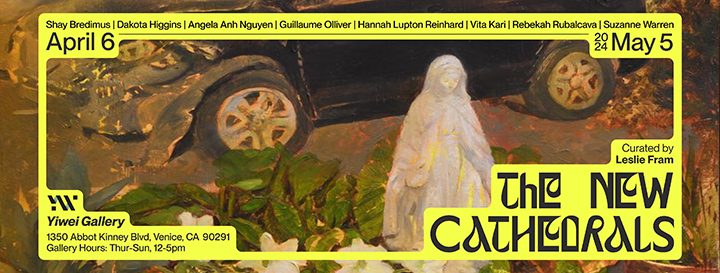




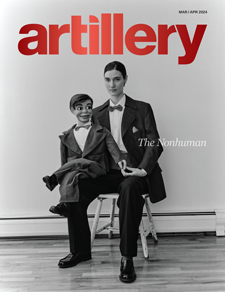
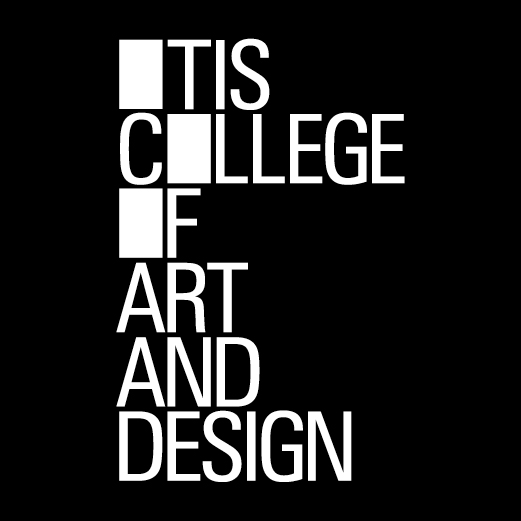


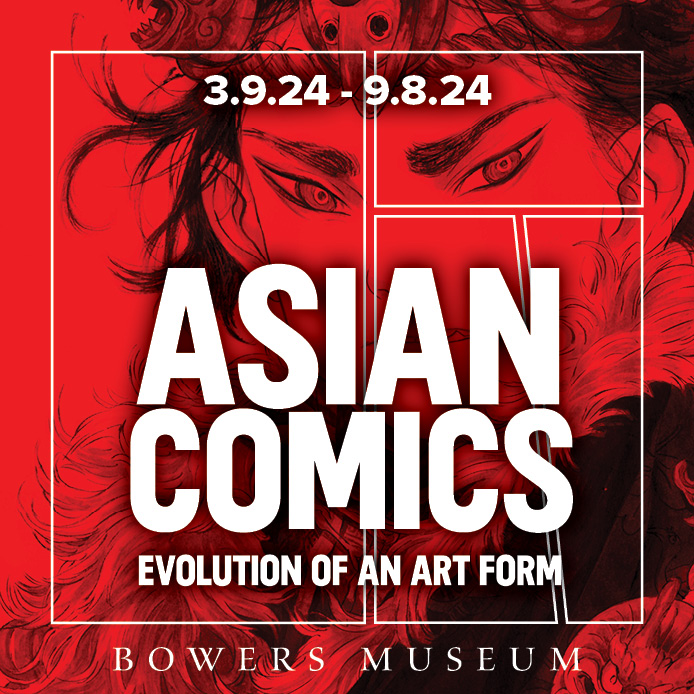
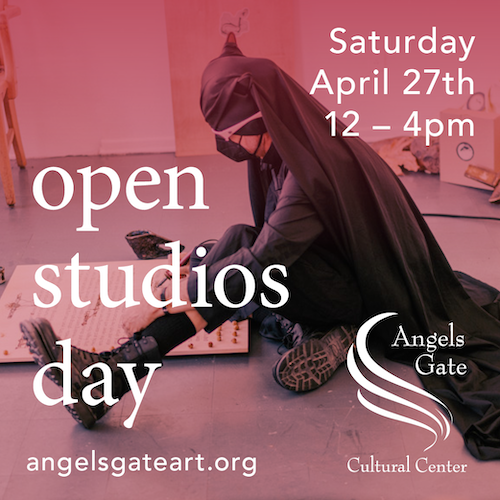
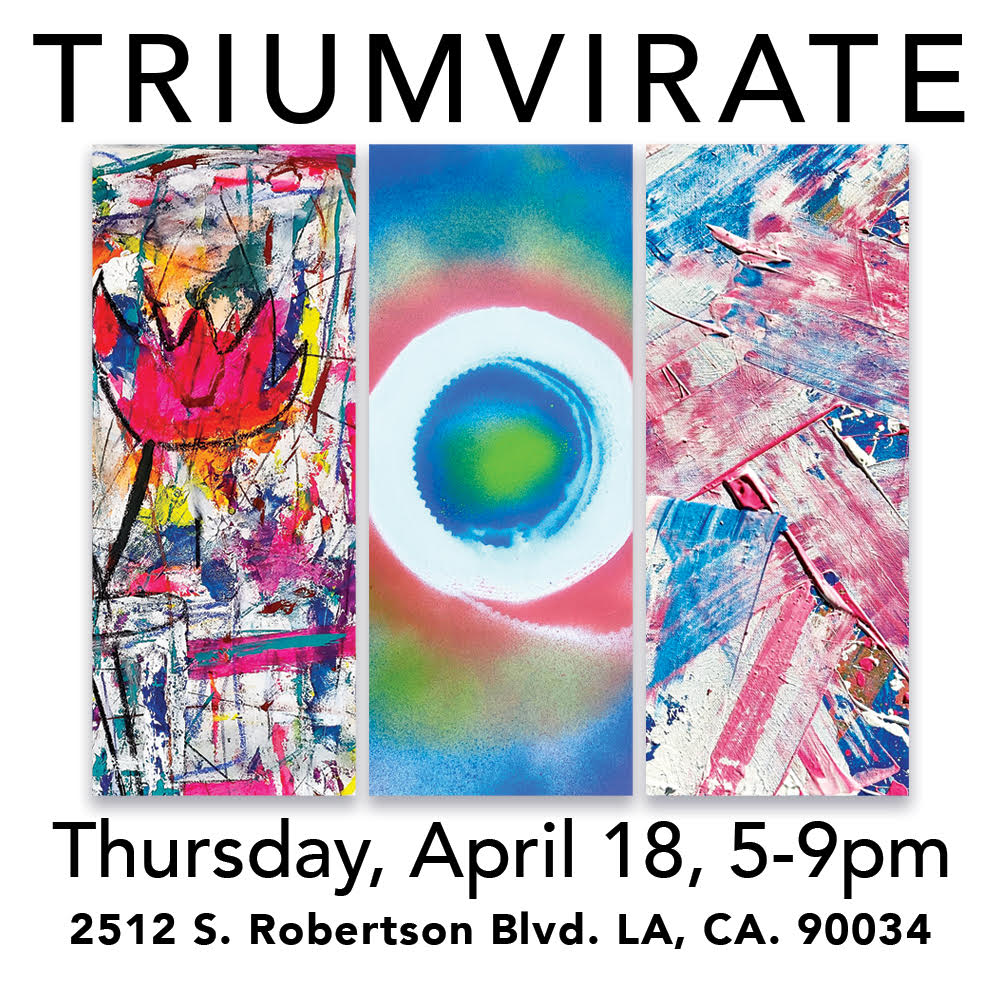

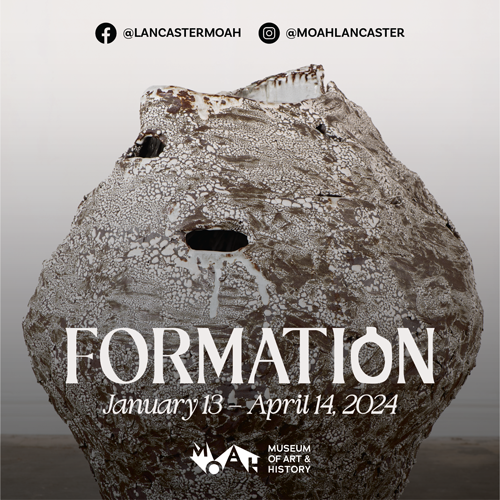
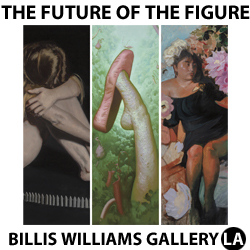
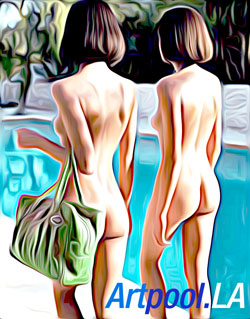

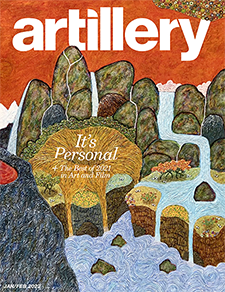
0 Comments